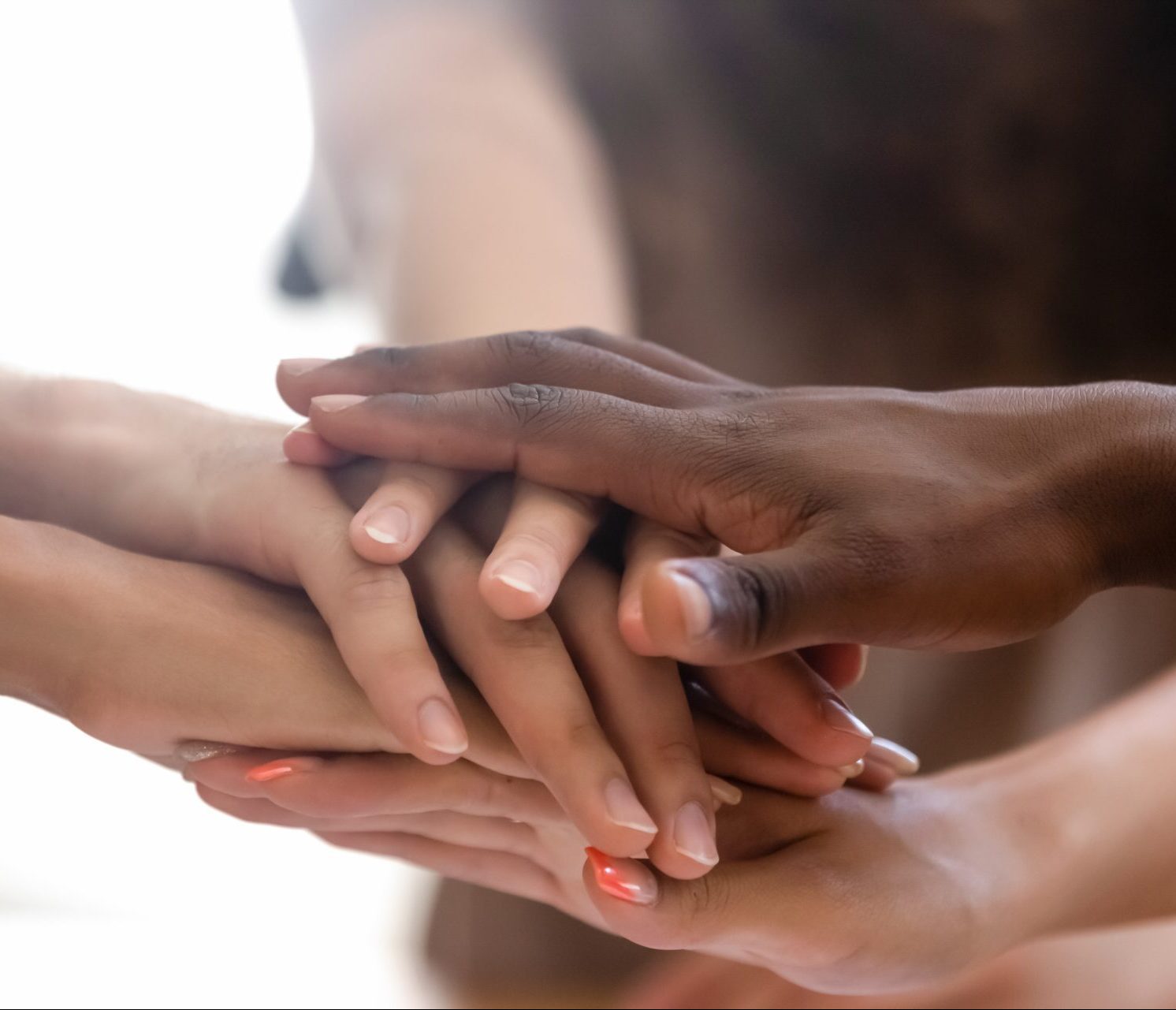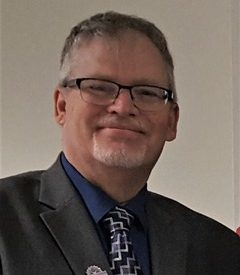Addressing Barriers to Care to Improve the Lives of Those with Sarcoidosis: Why I Support FSR’s African American Women and Sarcoidosis Campaign
I was diagnosed with sarcoidosis over 8 years ago, starting in my lungs & lymph nodes, then shortly after it began affecting my skin, then eyes, and most recently, my nervous system. My journey to diagnosis was filled with many challenges and barriers, including uninformed healthcare providers, misdiagnosis, and delayed diagnosis. Now, my advanced case of sarcoidosis, across multiple organs, has left me 100% disabled. This creates additional barriers for me to receive proper healthcare. Specialist locations are commonly housed on large campuses and require extended travel, which is a problem due to my mobility challenges.
There is no doubt that sarcoidosis is an incredible challenge for every one of us. As rare disease patients, we constantly have to fight – for the right doctors; for effective treatments; for a possible cure; sometimes, just for information about our disease. We experience so many challenges navigating our disease that it’s hard to acknowledge or identify challenges we don’t have to deal with, and how the absence of those challenges impacts our health outcomes in a positive way.
I discovered FSR about 4 years ago and began volunteering as a Patient Advocate and Patient Navigator about a year later. These roles required that I attend in-person training sessions with other Advocates, so I got to know other volunteers from all over the country. On my first day in training class, I was a bit stunned to find myself in the minority, something I do not often experience as a Caucasian man. About 75% of my classmates were people of color and more than half were women. Being an advocate and a member of this new community gave me the opportunity to interact and build friendships with people of all backgrounds and demographics; and listening to the experiences of such a diverse array of people was eye opening for me.

Realizing that African American women were facing some of the barriers and challenges that I was also facing as someone living with sarcoidosis, PLUS, even greater challenges, I knew that I could not just sit on the bench regarding this topic. There were women, including some I knew, who were struggling to get a diagnosis, treatment, and results. Just as we are seeing with the Coronavirus today, people of color with sarcoidosis also struggle with access to care. I had to shout about it, and you should, too!
I applaud the Foundation for Sarcoidosis Research for launching the Ignore No More campaign and empowering the Women of Color Patient Advisory members to advocate for themselves and their community to raise awareness and help improve diagnosis and treatment for African American women. This is a bold step, but one required for an issue that has been ignored by medicine and research for years.
‘A rising tide lifts all boats,’ in that all research into sarcoidosis benefits all sarcoidosis patients as a whole. This is not an either/or proposition – it is a both/and. The attention that the Ignore No More campaign will bring to sarcoidosis will benefit future generations – not just people of color, but people of all backgrounds who experience barriers with access to care and suffer the debilitating effects of sarcoidosis.
Yes, additional research dollars may be generated to increase participation of African American Women in clinical trials and research, and to raise awareness of the many barriers and challenges they face inside and outside the healthcare system. However, this does NOT take away from the advancement of sarcoidosis research. By shining a spotlight on how sarcoidosis impacts this largest segment with the disease with the worst outcomes, we can further understand how it impacts all of us.
FSR continues to fund research and clinical trials as it always has, and it continues to educate the masses on everything sarcoidosis related, and to serve as a source of support and empowerment for all sarcoidosis patients and care partners that join our community.
Let’s band together in unity and kick sarcoidosis in 2022. I challenge you to learn more about this campaign and other experiences by visiting www.stopsarcoidoisis.org/aaws-campaign.
Jim, FSR Patient Advocate
Here are some ways you can help…
- Learn more about the AAWS campaign and help spread the word on social media.
- Donate to support FSR resources and programs like the AAWS campaign.
- Download and share the infographic.
The Ignore No More: African American Women & Sarcoidosis campaign is sponsored by Mallinckrodt Pharmaceuticals.

